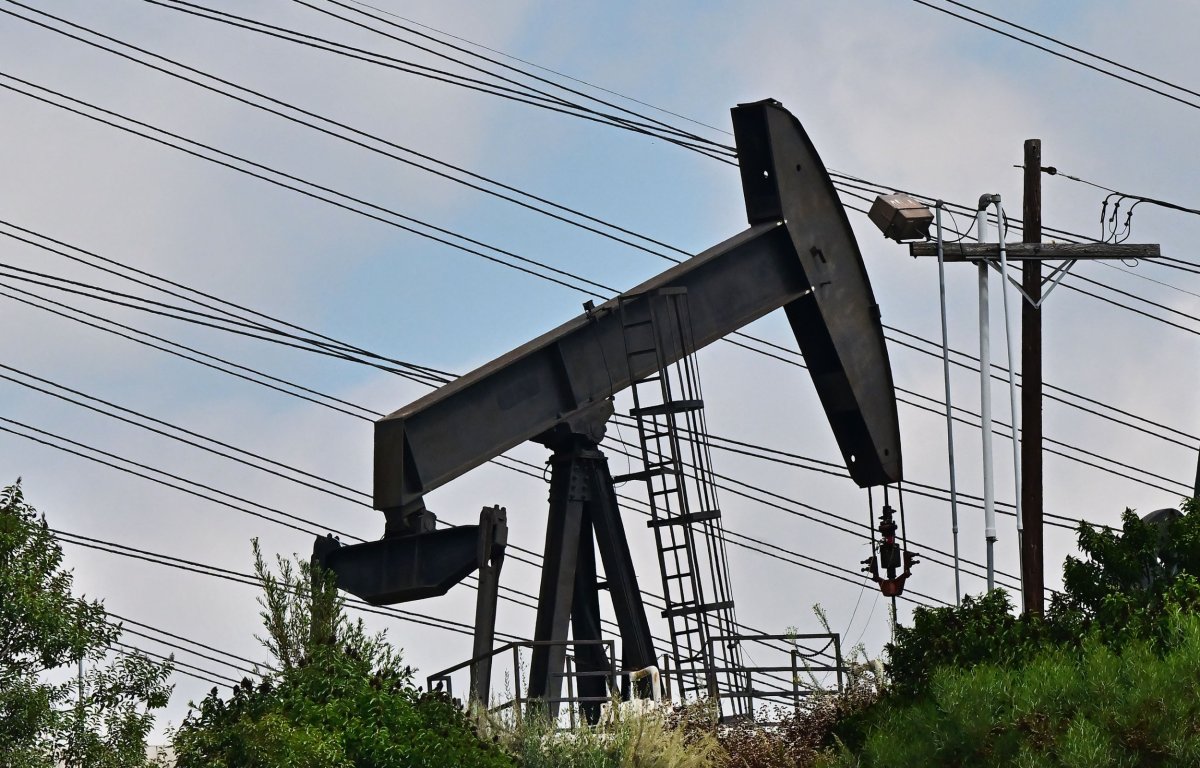The U.S. has shaken off its reliance on imports of fossil fuels for the first time in 40 years, according to recent analysis by J.P. Morgan, at a time when global conflicts have led to increased demand for energy elsewhere in the world.
In a report published on March 5, Michael Cembalest, chair of the bank's market and investment strategy arm, declared that "the U.S. has achieved energy independence for the first time in 40 years while Europe and China compete for global energy resources."
An accompanying statistical review of fossil fuel movements suggests that the U.S. was a net importer of fossil fuels throughout the 1980s to the 1990s, reaching a peak in the late 2000s before imports steadily declined relative to exports. It became a net exporter around 2019, and as of around 2022 was providing nearly 200 million tonnes of fossil fuels to the global market.
Energy independence means America is less likely to suffer from shortages of fossil fuels and price rises due to fluctuations in international markets.

When Russia invaded Ukraine in February 2022, energy prices skyrocketed, but though Europe—which was previously more reliant on Russian imports—suffered the sharpest rises, America was less affected by the global increase in demand it precipitated.
While gas prices rose by 157 percent in Europe in the six months following the invasion, prices in America rose by 88 percent. They have since fallen to less than half of their February 2022 levels.
Since then, the war between Israel and Hamas has also seen an increase in global energy prices due to market fears the conflict could expand to oil-producing nations. Subsequent attacks by Houthi rebels on international shipping in the Red Sea placed further strain on energy prices.
The J.P. Morgan report noted that China was increasing its energy consumption while the West's remained relatively stagnant, increasing Beijing's energy import demand. But while China was increasing its renewable energy sector and could rely on the rare earth minerals needed to do so, the U.S. and other Western nations are still reliant on imports of the materials.
The U.S. is a fossil fuel-rich nation, meaning it is often able to produce more than it needs, keeping domestic prices relatively low. But it has also begun to stand up large-scale renewable energy projects as the Biden administration pushes for a green economy, providing clean energy whose price is not tied to global fossil fuel market fluctuations.
Despite passing the Inflation Reduction Act, which provides hundreds of billions in investment and tax credits for such projects, U.S. oil production also reached a new record under President Joe Biden, further increasing supply.
While some have argued allowing this to occur was part of an effort to tackle post-pandemic inflation, environmentalists have criticized the administration and called on the White House to curb oil exports to reduce fossil fuel emissions while maintaining America's domestic supply.
However, Republicans have argued that, after the inflationary pressures of the coronavirus pandemic and the war in Ukraine, America needed to improve its energy security by increasing production—something environmentalists say will not quash price rises in the near term.
Former president and likely GOP nominee Donald Trump has vowed to approve more oil extraction if re-elected in November, telling his supporters at a rally in January that "we're going to drill, baby, drill."
Uncommon Knowledge
Newsweek is committed to challenging conventional wisdom and finding connections in the search for common ground.
Newsweek is committed to challenging conventional wisdom and finding connections in the search for common ground.
About the writer
Aleks Phillips is a Newsweek U.S. News Reporter based in London. His focus is on U.S. politics and the environment. ... Read more
To read how Newsweek uses AI as a newsroom tool, Click here.






